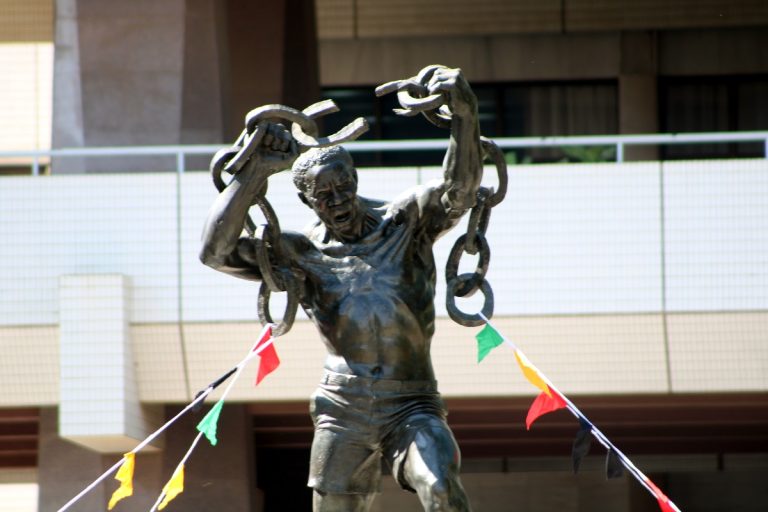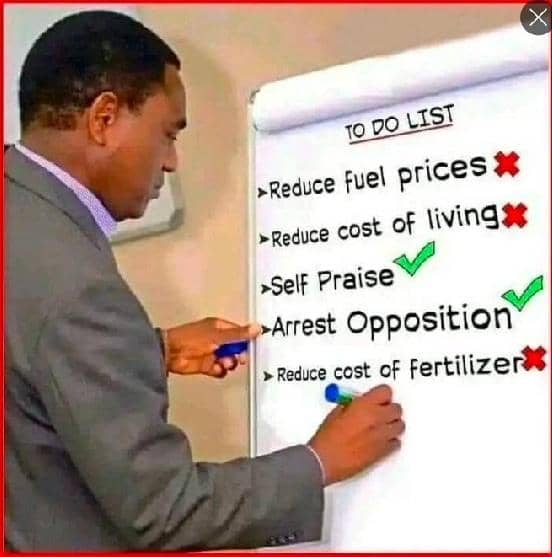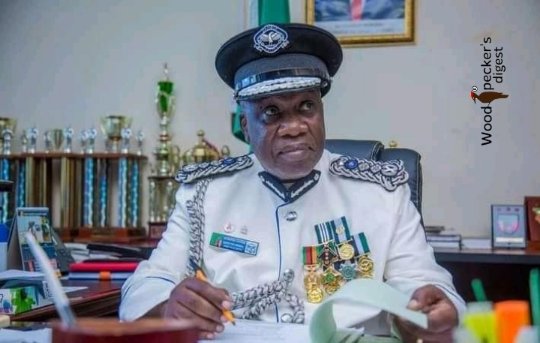
Zambia requires a homegrown democracy framework that places development at the forefront, while advancing a political ethos rooted in the moral imperative of serving the greater good of every citizen.
By Mpandashalo Mwewa.
Lusaka, Oct. 19 – Let me take you on a journey, one that explores a system that promises to lift nations but often leaves them caught in a vicious cycle of political patronage. Imagine a Zambian child born in the remotest corner of the country, whose future is shackled by a governance system that prioritizes power plays over real progress. My search for a new governance model is fueled by the belief that the current system, which revolves around political authority, is failing that child. The root cause? A poorly implemented version of Western-style democracy that serves the political ambitions of a few while ignoring the cries of the many. If politics is to be the servant of the people, it must evolve into a system that listens to the voices in every village, not just the elite in the capital.
Also Read: Challenging the Western Narrative of Democracy! Dr. Fred M’membe talks about embracing diverse paths to democracy, rejecting imperialist arrogance and promoting mutual respect!
What we’ve been sold as democracy is, in truth, nothing but a shadow of what true democracy ought to be. Take our Members of Parliament, for instance. Rather than representing the will of the people who elected them, they bow to their party leaders, treating them like feudal lords. Constituents’ voices are drowned in the clamor for political survival. This is not democracy. At its core, democracy is about shared power, giving everyone – from the poorest farmer to the wealthiest businessman – an equal say. It thrives when there is a chorus of voices, not just the triumphant cheer of the electoral winners. True democracy is not about holding elections every five years; it’s about ensuring that every citizen has a real stake in the decisions that shape their lives.
But somewhere along the way, we lost sight of this. We’ve reduced democracy to a game of numbers – who gets the most votes, who wins the most seats. We fail to realize that voting alone does not sustain democracy. It’s like planting a tree but never watering it, expecting it to grow. What we need are real, practical ways for citizens to participate beyond Election Day. For democracy to survive, people must have avenues to engage regularly, to be involved in decisions that impact their communities and livelihoods. And this is not something we can copy and paste from the West. It’s something we must cultivate, nurture, and adapt to our own circumstances.
Also Read: Lungu describes Miles Sampa’s convention as a tragedy for the country’s multiparty democracy. …as Patriotic Front expels Miles Sampa with immediate effect for what it terms, “extremely gross indiscipline!” We ask, “Does Zambia believe in multiparty democracy?”
Multiparty democracy, as it stands in Zambia, was never designed for our benefit. It wasn’t brought here to promote good governance. If anything, it was a strategic tool used by our former colonial rulers to keep our mineral-rich nation in check. Had we strengthened the one-party participatory democracy we once had, and allowed Parliament to elect the Head of State, perhaps we would be further along in our development journey. Instead, multiparty democracy has led to inefficient governments, a toxic political atmosphere where leaders chase power rather than progress, and a society trapped in endless political infighting.
What we need is a reset – a clean slate that brings all of us back to the table. A table where our sole mission is the development of Zambia, without the baggage of foreign influence or political egos. We need to rethink our priorities and remember that the real wealth of this nation lies in its people, not in the political class. The corruption that sustains those in power – or topples them – is bleeding our country dry. Money that should be saving lives in hospitals and educating the next generation is being squandered in political battles. If Kenneth Kaunda and his not-so-educated team could achieve unity and set Zambia on a developmental path, we certainly can do even better with the knowledge and resources we have today.
Also Read: Zambia’s Multiparty Democracy: A Hollow Celebration, Exposed by Hichilema’s Rise to Power! Democracy should not be reduced to manipulated voting as the case was in Kabushi and Kwacha by-elections. Democracy should, instead, represent sensible forms of citizens’ participation.
In the end, democracy is not a one-size-fits-all solution. It’s just one way to govern. What we need is a form of governance that fits our unique challenges, a system that values development over power, where politics serves the people, not the other way around. And if we are willing to think outside the box, to break free from the chains of political patronage and foreign influence, we can create a Zambia where every child, in every corner of the country, has the chance to thrive.
About The Author: Mpandashalo Mwewa, currently the Chief Editor at Woodpecker’s Digest, formerly held the same role at Zambia Reports. Known for championing Pan-African education reforms with a focus on critical thinking, he employs journalism to instigate social transformation.
About Our Advocacy: Woodpecker’s Digest provides in-depth analyses and commentary on issues of national importance, alongside articles on personal development and health. We believe journalism can be a force for socio-economic change.
©2024 Woodpecker’s Digest.
Putting news into perspective







